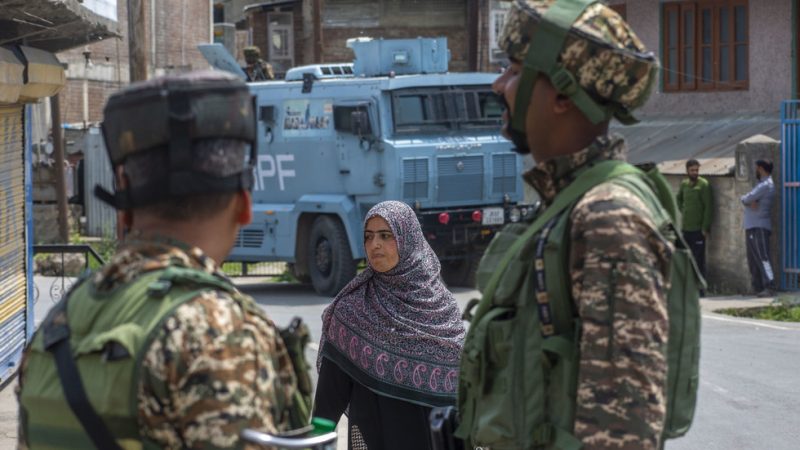
The escalating tensions between India and Pakistan have cast a long shadow over the lives of innocent civilians in Kashmir. Recent nights have been far from serene, punctuated by the terrifying sounds of shelling that have ripped through the fragile peace of border villages. The intensity of the cross-border fire has reached a level unseen in recent years, leaving a trail of destruction and fear in its wake.
One resident, whose home was reduced to rubble, described the scene as ‘carnage’. The sheer terror etched on the faces of those who survived speaks volumes about the devastating impact of this conflict. Families are torn apart, homes are destroyed, and the psychological scars left by this relentless shelling will likely linger for generations.
This isn’t simply a political conflict; it’s a humanitarian crisis unfolding in real-time. The victims are not soldiers, but ordinary people – farmers, children, the elderly – whose lives are being irrevocably altered by a conflict they did not choose. They are caught in the crossfire, their safety and security jeopardized by the actions of powerful nations.
The ongoing escalation is a stark reminder of the devastating consequences of unresolved geopolitical tensions. The international community must take a stronger stance to mediate and de-escalate the situation, ensuring the safety and protection of innocent civilians. The silence surrounding the suffering of Kashmir’s border residents must be broken. We need to amplify their voices and demand an end to this senseless violence.
Beyond the immediate humanitarian needs, there’s a crucial need for long-term solutions that address the root causes of this conflict. Sustainable peace requires dialogue, compromise, and a genuine commitment from both sides to prioritize the well-being of their citizens. The current trajectory is unsustainable and morally reprehensible. The people of Kashmir deserve better – they deserve peace, security, and the chance to rebuild their lives without the constant fear of shelling and violence.










